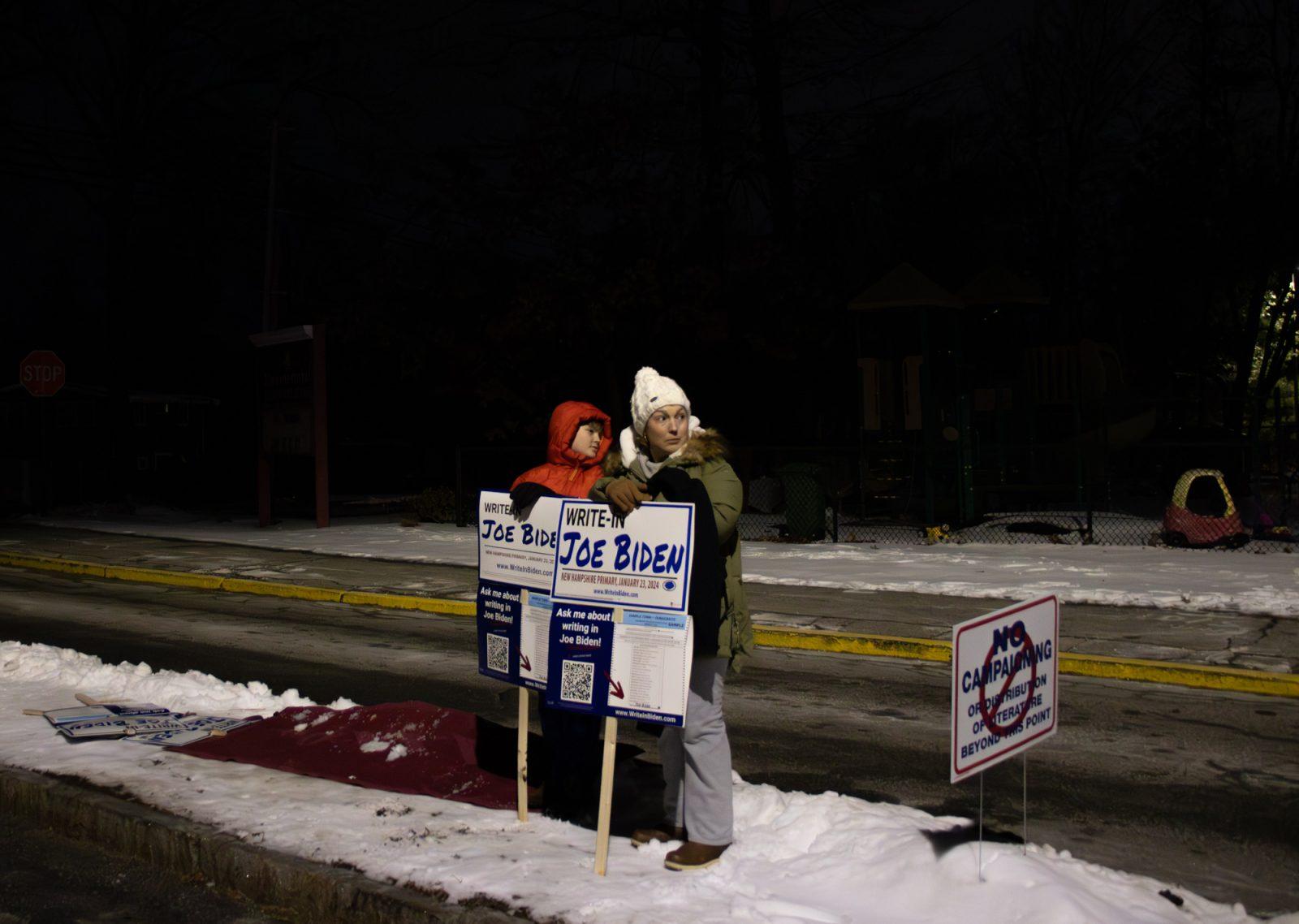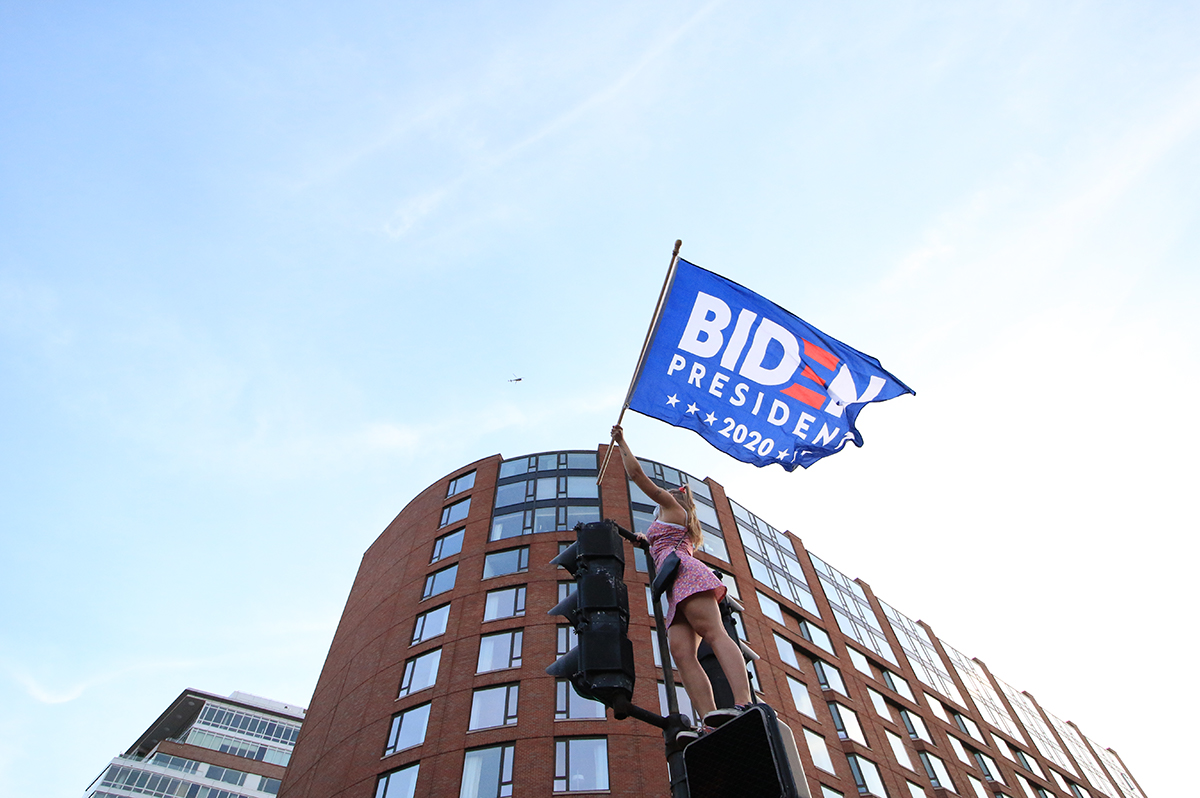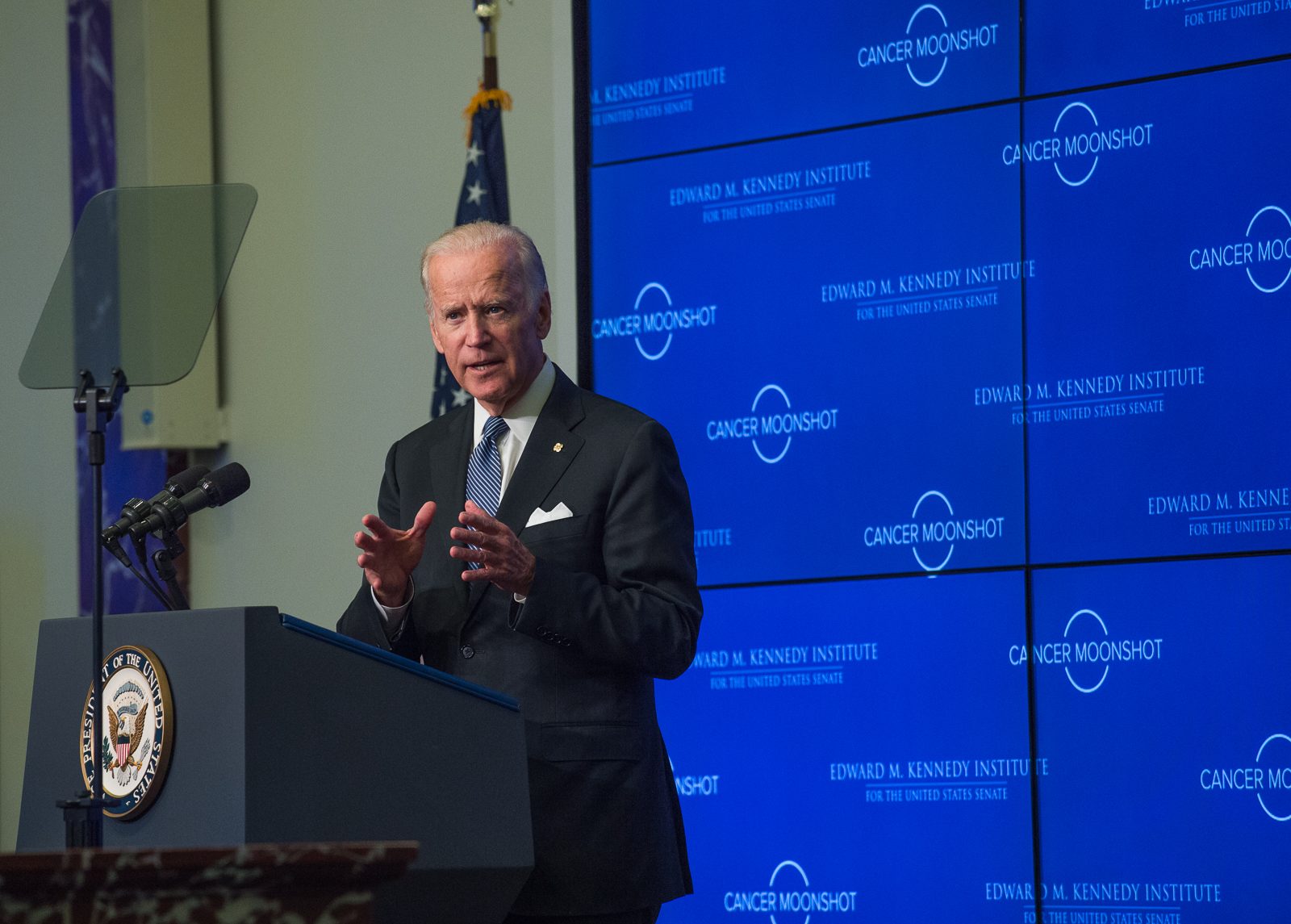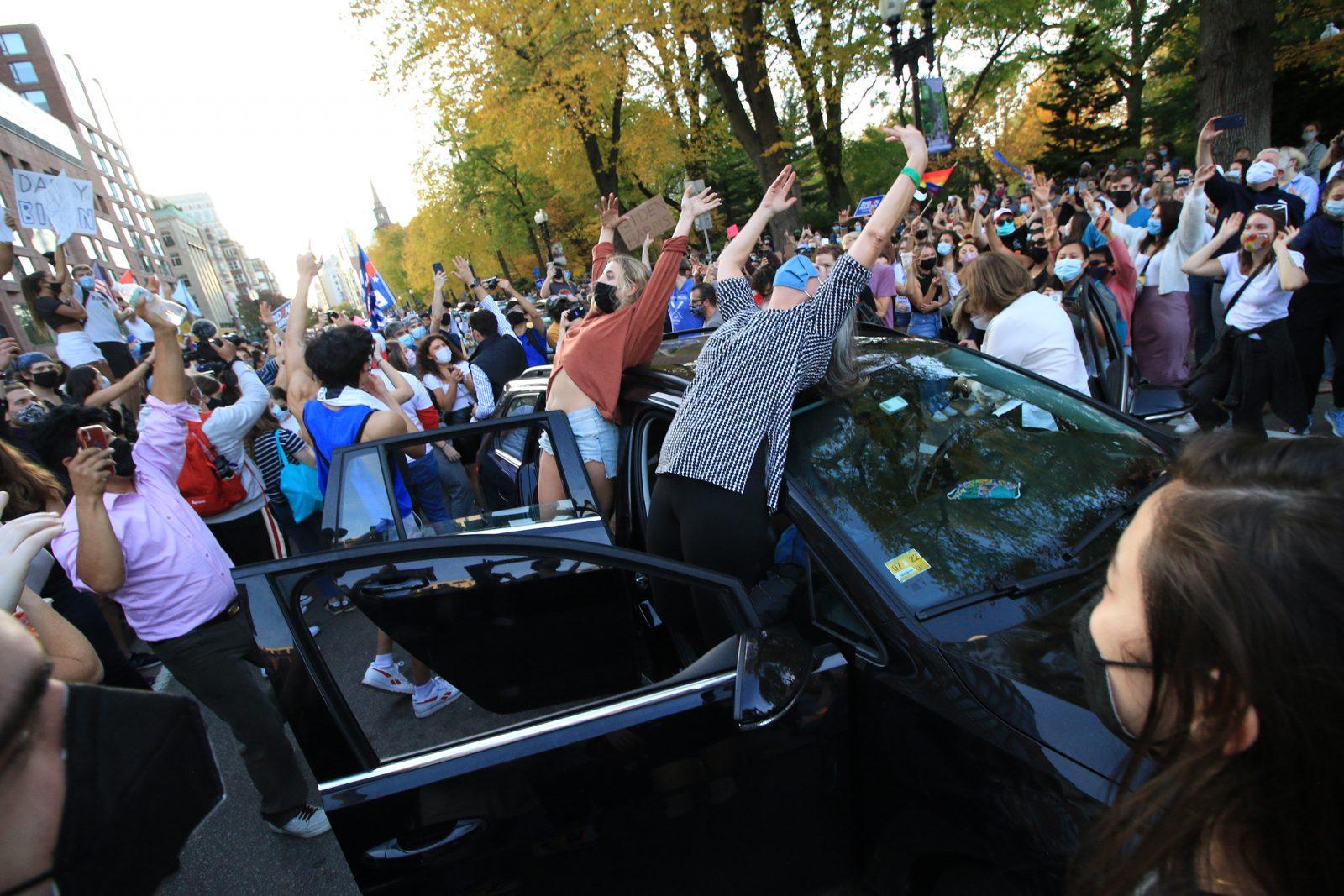A new immigration reform bill proposed in Congress Tuesday may allow undocumented immigrant students to attain citizenship in an easier manner, officials said.
However, some Boston University experts said after the bombings at the Boston Marathon, the attitude in the U.S. may damage the bill’s chances of passing.
“This bill has a fair amount of support for the idea of comprehensive immigration reform,” said professor of sociology Nazli Kibria. “[But] after what happened this week [at the Boston Marathon], I think that it is unfortunately going to become more difficult to get this bill passed.”
Kibria said the new bill draws upon and expands provisions of the DREAM Act, in which undocumented immigrants who entered the U.S. as children are eligible to apply for a quicker path to citizenship.
The new bipartisan bill was proposed by Sen. Charles Schumer of New York and Sen. John McCain of Arizona. It includes a “Merit Based Visa” stipulation in which immigrants will be awarded “points” based on their intent to pursue efforts such as an American undergraduate education, according to a bill summary by Talking Points Memo.
Individuals who are eligible for a Merit Based Visa are those with “the most promising skill-sets,” according to the bill summary. Each year, 120,000 visas will be allocated based on merit and potential.
The bill would allocate 40 percent of these employment based visas to immigrants who hold advanced degrees in the sciences, arts, education or business, as well as science, technology, engineering and math doctoral degree holders, according to the bill summary.
It would also ensure the annual numerical limits placed on how many people immigrate per year would not restrict immigrants with “extraordinary ability” in the same fields.
If passed, the legislation would allow undocumented U.S. residents to begin their path to citizenship after obtaining Registered Provisional Immigrant status, which eliminates their risk of deportation, according to the bill summary.
The undocumented resident in question must meet certain criteria in order to gain RPI status, according to the summary. Such provisions include a clean criminal background and the undocumented resident must either be employed or must be actively seeking employment. The resident must also pay a $500 fee.
Kibria said the most controversial aspect of the proposed legislation is its amnesty policy, as some politicians feel undocumented immigrants would, under the stipulations of the bill, be “pardoned” for living illegally in the U.S., particularly in the wake of the Boston Marathon bombings.
She said it is unclear how the Marathon bombings will affect U.S. citizens’ attitudes towards immigrants, Muslims and the proposed legislation since the two suspects are perceived as foreigners from a Muslim region.
“Because there is a perception that these two brothers are immigrants and foreigners, that it has called for all of this anti-immigrant sentiment,” Kibria said. “Although that is not a rational perspective, it will totally affect the environment in which the debate [about the bill] takes place.”
Angela Massey, a College of Arts and Sciences freshman, said the decision regarding how to deal with immigration does not have to be a choice between upholding values and maintaining the country’s security.
“I don’t think it has to be contradictory — we are open to people, but we are open to people who want to come to America to be a part of the culture and not to kill people,” Massey said.
Massey said it is not wise to live in fear, and U.S. citizens and lawmakers should take care to not racially profile outsiders hoping to immigrate in.
“The fact that the two suspects are foreign immigrants should not affect perceptions,” Massey said. “But, unfortunately, it is a part of human nature to categorize, stereotype and project the fear of the bombers onto other immigrants.”
Thomas Lozanoski, a College of Engineering freshman, said these social changes must come from within citizens, not from legislation.
“Immigrants have made this country great, and the case of the marathon bombers should not be generalized to all foreigners until we have more details,” Lozanoski said. “In this case, is wrong to generalize and stereotype.”
Lissette Martinez, a College of Communication senior, said stricter immigration provisions will not necessarily protect the U.S. or its citizens from threats.
“At the end of the day, people who want to make threats to this country and have that goal to bring terror, will find a way to do it regardless,” Martinez said. “Legislation won’t necessarily curb it.”
























































































































